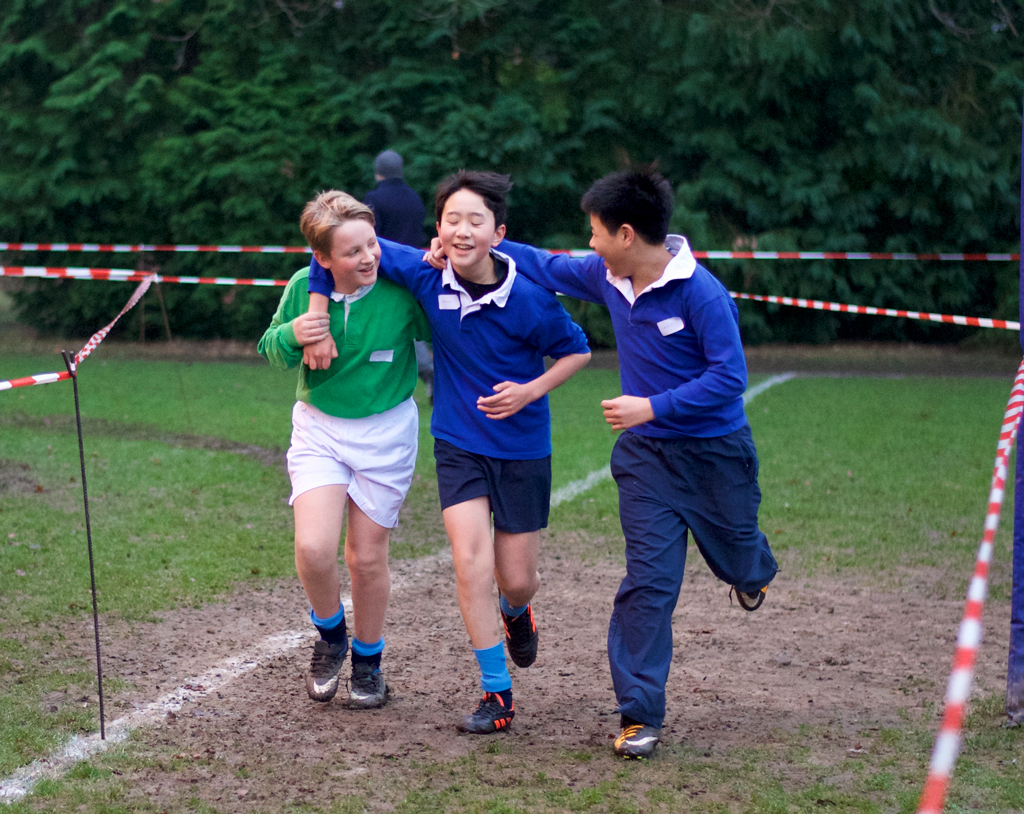The Importance of Being Kind
By
6 years ago

Tom Bunbury, headmaster of Papplewick School, Ascot, says that a little love goes a long way
Schools are most often compared according to their ranking on league tables or the percentage of top grades their pupils achieve at A-level. But there’s no measurement of happiness in schools, or data to show which schools provide the happiest experience, and surely this is a far more fundamental measure of a school’s success?
I don’t believe the answer is ‘happiness lessons’, or that ‘mindfulness’ is a universal panacea. Rather, I believe that ‘kindness to others’ should permeate every member of a school’s community – from support staff, teachers and leaders through to the very hearts of the pupils themselves.
It is well known that the most content people are those who are naturally kind towards others. It is also well known that those who receive kindness are highly likely to behave in the same way towards others.
Children who experience kindness are far more likely to celebrate the success and individuality of others. Being the recipient of kindness gives children a quiet inner security (aren’t bullies always insecure?) and thus a contentment about who they are, which is so important to offset the need to project perfect images of oneself on social media.

How do you know if a school promotes kindness? The answer is, it has to be the top priority. Yes, even more important than exam results. I have often said to my pupils that ‘without kindness to others, we have nothing that is worth having at this school’. Kindness must be central to a school’s ethos, and it can be cultivated and taught many ways:
- The most prestigious prizes must be for kindness to others. In our school, boys and staff vote on the pupil who has shown the greatest enthusiasm for life, contribution to the community and, above all, kindness to others.
- All members of the school must believe that unkindness is totally unacceptable and act accordingly.
- A wider culture of trust must allow bystanders to stand up, and victims to come forward, free from anxiety.
- Kindness must be a key requirement when recruiting staff.
- Staff must work with parents in a three-way process with children, and all parents must buy into the culture too.
- With only one shot at childhood, humour and a sense of fun must also abound through children’s school lives; kindness will follow closely behind.
Finally, the message must be repeated constantly from the moment a pupil enters the school (by the end of the first morning being able to answer ‘what is this school’s number one priority?’), to the day he or she leaves, hopefully armed with the school’s most prestigious prize under their arm.
A school high up a ‘kindness’ table would almost certainly be a highly successful school by any other measure too, as kind children are content, and contentedness in turn breeds success.

At Papplewick, kindness is our number one priority, and our students are therefore destined to become, not only leaders of the future, but compassionate ones that benefit the world the most.
READ MORE: Critical Thinking Lessons Teach Children to Question the Status Quo



